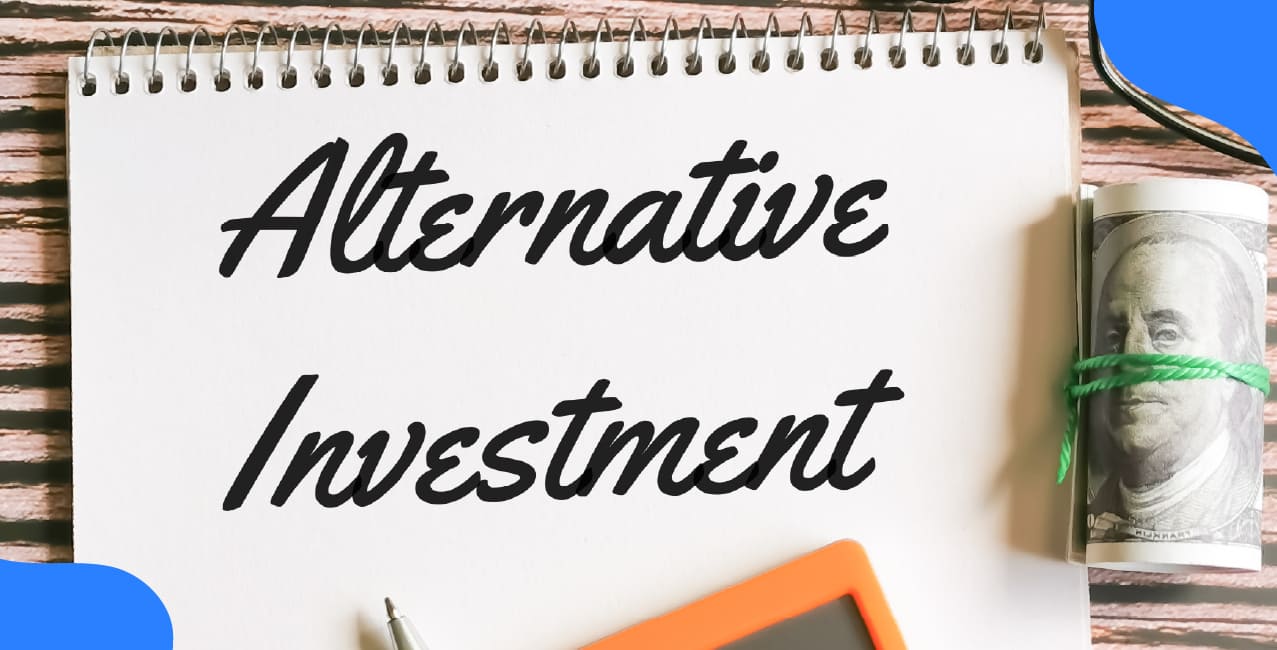What is Fixed Income Investment : Types & Benefits

Check Your Loan Eligibility Now
By continuing, you agree to LoansJagat's Credit Report Terms of Use, Terms and Conditions, Privacy Policy, and authorize contact via Call, SMS, Email, or WhatsApp
Key Takeaways
- Fixed Capital Investment is buying long-term assets like machinery or buildings.
- Fixed Capital Investment supports business growth by expanding production capacity and improving efficiency.
- Fixed Capital Investment is not used for daily expenses. It focuses on long-term business needs rather than short-term operations.
Fixed-income investment means putting your money into financial products. These products pay you a steady income. The income usually
comes as interest. It’s like lending your money to a government, company, or bank in exchange for regular returns.
These investments are popular because they offer predictable income with lower risk than stocks.
To understand this better, let’s look at a simple example:
Ravi invests ₹1,00,000 in a 5-year government bond that pays 6% annual interest.
Every year, he earns ₹6,000 (that’s ₹1,00,000 × 6%) as fixed income. After 5 years, he gets his ₹1,00,000 back.
This simple example shows how fixed income provides both security and predictability, making it a reliable choice for long-term planning.
This type of investment helps reduce risk in your portfolio. Even if the stock market drops, fixed income offers stability and regular earnings, perfect for cautious investors or retirees looking for predictable returns.
Types of Fixed Income Investments
Fixed-income investments come in different forms. They have different risks, returns, and liquidity. Knowing the types helps investors choose the right one.
Government Bonds: These are issued by the central or state government. They are very safe. For example, a 10-year Indian Government Bond paying 7% interest gives both principal and interest.
Corporate Bonds: These are issued by companies to raise money. They give higher interest but are riskier. For example, a bond paying 8% may be good, but it depends on the company.
Debentures: These are unsecured loans to companies with fixed interest. If the company fails, investors may lose money.
Fixed Deposits (FDs): Banks offer FDs with fixed interest for a set time. For example, a 1-year FD may give 6.5% interest.
Municipal Bonds: These come from local authorities. They are often tax-free and give a steady income.
Choosing the right type depends on risk, income needs, and investment time.
Key Features of Fixed Income Investments
Fixed-income instruments have several distinguishing characteristics that make them different from other investment options. Knowing these features helps investors manage expectations and plan better.
- Predictable Returns: Investors are aware of the interest or dividend they will earn. For example, Priya invests ₹50,000 in a 2-year corporate bond paying 7% annual interest; she knows exactly what she will earn each year.
- Lower Risk: Compared to equities, the value of fixed income products generally fluctuates less.
- Set Maturity: Most instruments have a fixed term, after which the principal is returned.
- Regular Cash Flow: Investors receive payments periodically, such as monthly, quarterly, or annually, aiding in budgeting or retirement planning.
These features make fixed-income investments very appealing. They are good for people who value security and consistent returns over high profits.
Benefits of Fixed Income Investments
Fixed-income investments offer several advantages that make them important for a diversified portfolio.
Capital Preservation: The principal is usually safer than in stocks. For example, depositing ₹2,00,000 in a bank FD gives back the principal at maturity.
Income Stability: You get regular interest payments. This gives a steady income for living expenses or reinvestment.
Portfolio Diversification: Adding fixed-income products with stocks reduces overall risk. It balances growth and safety.
Fixed-income investments help investors stay financially stable while earning consistent returns. They are a key part of conservative investing.
Risks to Consider
Even though fixed-income investments are relatively safer, they are not risk-free. Being aware of potential risks helps investors make informed decisions.
- Interest Rate Risk: If market interest rates rise, the price of existing bonds may fall. For instance, a bond paying 6% becomes less attractive if new bonds offer 8%.
- Credit Risk: There is a chance that the issuer may default on interest or principal payments.
- Inflation Risk: Fixed returns may lose purchasing power if inflation rises. It reduces the real value of income.
Fixed-income investments are safer than equities. But investors must consider these risks and choose instruments carefully to meet their financial goals.
How to Start Investing in Fixed Income Products
Fixed-income investments are easier to start than many people think. They give steady returns. They help keep risk low.
Step 1: Assess Your Goals and Risk Tolerance
Decide if you want short-term income, long-term growth, or both. A retiree may want a monthly interest from a fixed deposit. A younger investor may choose corporate bonds for higher returns.
Step 2: Choose the Right Product
Pick government bonds, corporate bonds, fixed deposits, or bond funds. Choose based on your goals and comfort with risk.
Step 3: Open an Account or Platform
Invest through banks, financial institutions, or online platforms. These make it easy to access bonds and other fixed-income products.
Step 4: Monitor and Rebalance
Check your investments regularly. Adjust for changes in interest rates, inflation, or personal goals.
Fixed-income investing needs planning. Understand your options.
Monitor your investments. This helps earn steady returns and protect your capital.
Bonus Tip: Fixed Capital Investment should be planned carefully. It ensures that the assets purchased align with long-term business goals and provide a good return on investment.
Conclusion
Fixed-income investments give regular and predictable returns. They are good for people who want a stable income and low risk. By knowing the types, benefits, and risks, investors can make a safe plan for their money. For example, using a mix of government bonds, corporate bonds, and fixed deposits can provide both safety and better returns.
FAQ’s
Can fixed-income investments grow your money over time?
Yes. They give a steady income and can grow wealth gradually.
Are fixed-income investments completely risk-free?
No. They are safer than stocks but still have some risks.
Can I invest in fixed-income products online?
Yes. Banks and online platforms let you buy them digitally.
Do fixed income returns change with the market?
Not for fixed-rate products. But bond prices can change with interest rates.
Who should consider fixed income investments?
Conservative investors, retirees, or anyone wanting stable income and capital protection.
Other Related Pages | |||
About the author

LoansJagat Team
Contributor‘Simplify Finance for Everyone.’ This is the common goal of our team, as we try to explain any topic with relatable examples. From personal to business finance, managing EMIs to becoming debt-free, we do extensive research on each and every parameter, so you don’t have to. Scroll up and have a look at what 15+ years of experience in the BFSI sector looks like.
Subscribe Now
Related Blog Post

What Is Alternative Investment? Meaning, Types & Benefits

What is SIP? Full Form, Benefits & How to Start SIP in Mutual Funds

What is Investment Banking? Meaning, Services & Career Scope
Recent Blogs
All Topics
Contents
Quick Apply Loan
Consolidate your debts into one easy EMI.
Takes less than 2 minutes. No paperwork.
10 Lakhs+
Trusted Customers
2000 Cr+
Loans Disbursed
4.7/5
Google Reviews
20+
Banks & NBFCs Offers
Other services mentioned in this article





